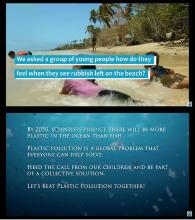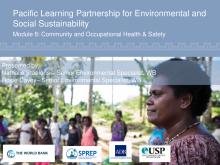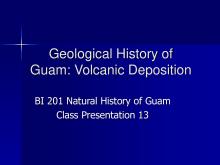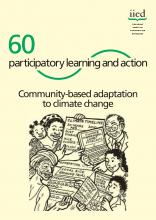Volcanic Ash as a Sustainable Binder Material: An Extensive Review

Environmental Monitoring and Governance
Available Online
Etxeberria, Miren
,
Játiva, Andrés
,
Ruales, Evelyn
2021
The construction industry is affected by the constant growth in the populations of urban areas. The demand for cement production has an increasing environmental impact, and there are urgent demands for alternative sustainable solutions. Volcanic ash (VA) is an abundant lowcost material that, because of its chemical composition and amorphous atomic structure, has been considered as a suitable material to replace Portland cement clinker for use as a binder in cement production. In the last decade, there has been interest in using alkali-activated VA material as an alternative material to replace ordinary Portland cement. In this way, a valuable product may be derived from a currently under-utilized material. Additionally, alkali-activated VA-based materials may be suitable for building applications because of their good densification behaviour, mechanical properties and low porosity. This article describes the most relevant findings from researchers around the world on the role of the chemical composition and mineral contents of VA on reactivity during the alkali-activation reaction; the effect of synthesis factors, which include the concentration of the alkaline activator, the solution-to-binder ratio and the curing conditions, on the properties of alkali-activated VA-based materials; and the mechanical performance and durability properties of these materials.









